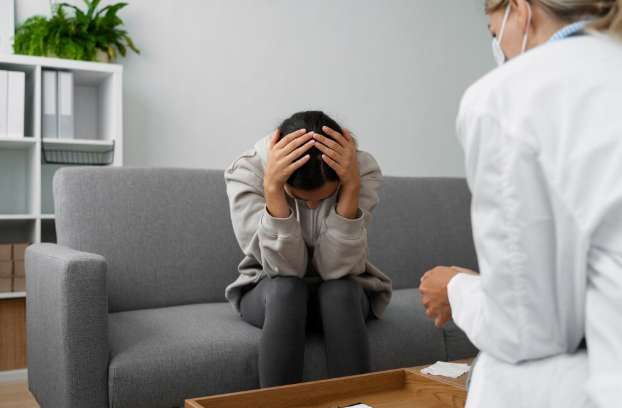
- Bipolar Disorder, Psychiatrist in Monterey Park, PTSD
- 0 Comments
Mental health conditions such as PTSD (Post-Traumatic Stress Disorder) and Bipolar Disorder can significantly impact an individual’s quality of life. In Monterey Park, Los Angeles County, CA, seeking the help of a qualified psychiatrist is crucial for those dealing with these disorders. Understanding the complexities of PTSD and Bipolar Disorder, including their symptoms, causes, and […]
Read More
